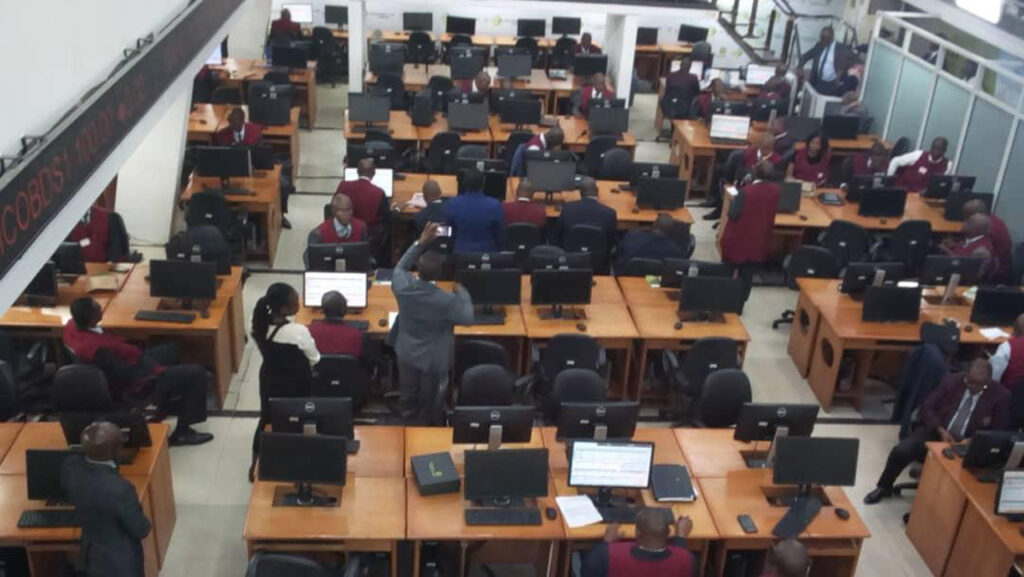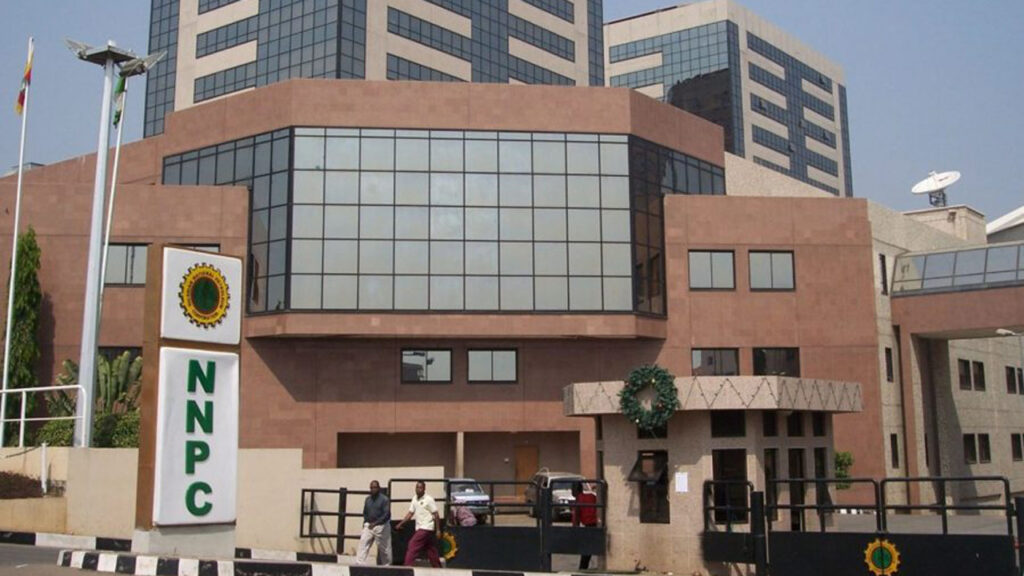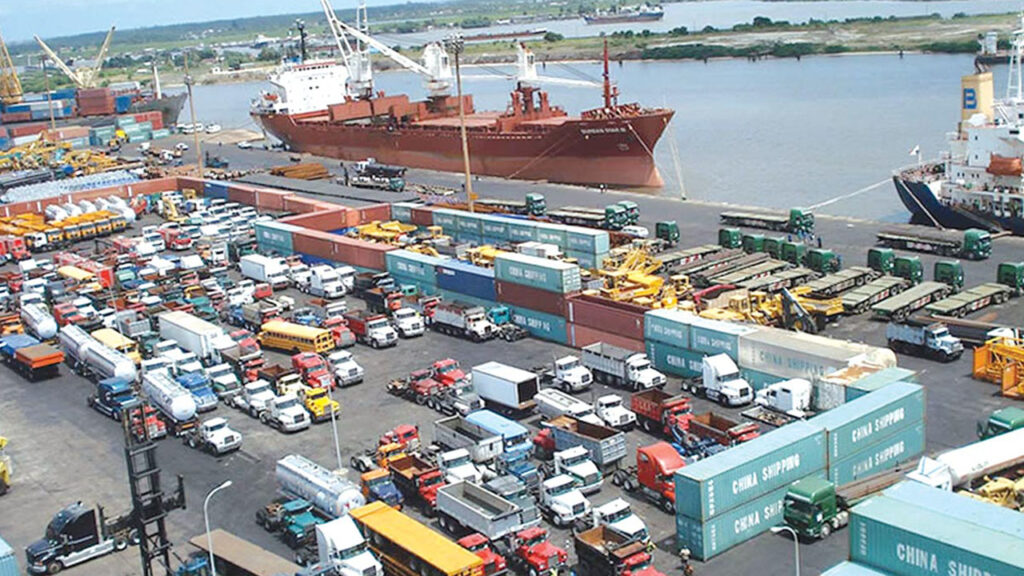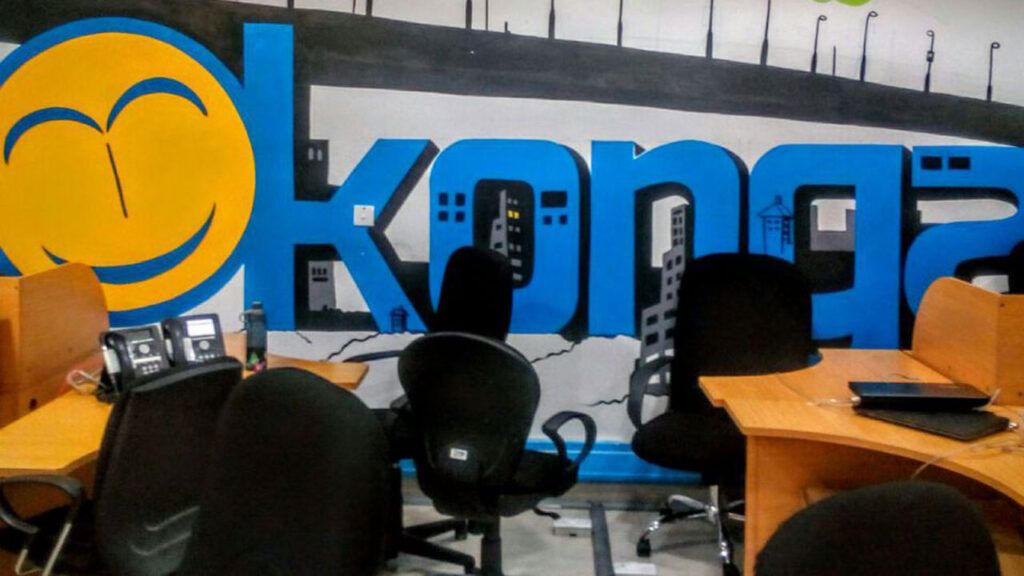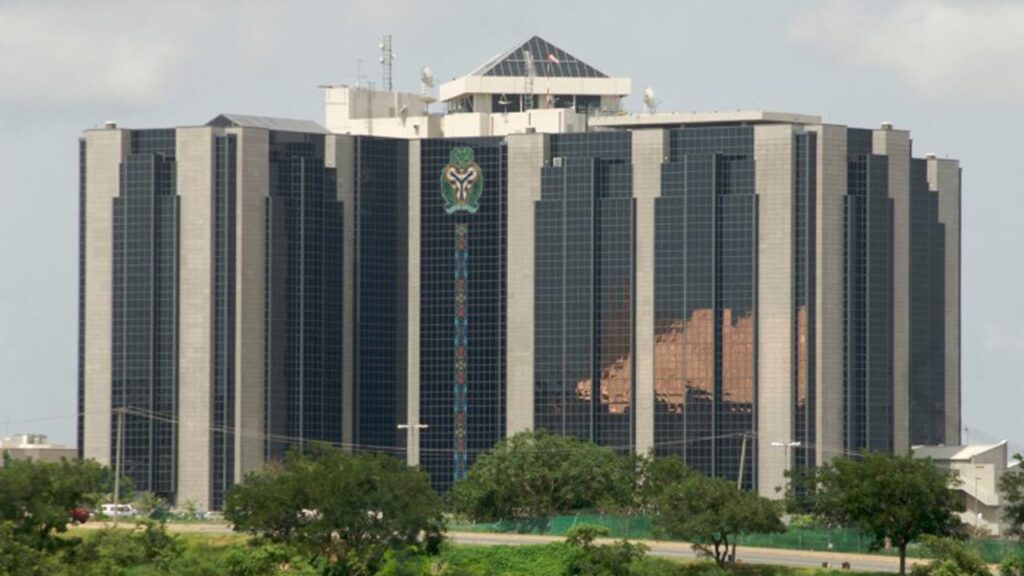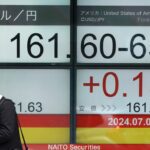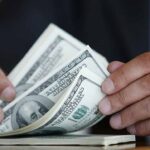
Dissatisfied by the prolonged foreign exchange crisis, stockbrokers have stressed the need for investors to consider hedging their portfolio by purchasing dollar-denominated assets (foreign stocks, dollar mutual funds, Eurobonds and dollar-fixed deposits) to mitigate the impact of the currency devaluation.
According to the operators, with the low money market rates in the face of 23 per cent inflation, no investor wants to keep naira or naira assets which is a signal of another currency crisis.
They argued that the increasing exposure to naira devaluation and dollar crisis has compelled foreign portfolio investors (FPI) to shun the Nigerian market despite the recent decision of the Federal Government to unify the FX rates.
However, some analysts have kicked against investing in dollar assets, stating that the measure would continue to fuel more demands for forex in the foreign exchange market, worsen Naira devaluation and boost the economy of the foreign countries at the expense of the local economy.
But the operators argued that dollar assets such as mutual funds, Eurobonds or foreign stocks guarantee high returns in the form of interest payments, capital appreciation and hedge against erosion of dividends.
For the week-ended July 21, 2023, the average Nigerian Autonomous Foreign Exchange Fixing (NAFEX) rate was $/₦787.30, compared to $/₦770.33 recorded in the week ended July 14, 2023, representing a depreciation of the naira against dollar by 2.16 per cent ($/₦16.97).
The weakness in external reserves has continued to sustain pressure on the naira against the dollar. Unfortunately, there has been no reprieve from other sources of dollar inflows, as foreign investors are reluctant to invest, causing the currency to reach a record low.
Head, Equity, Planet One, Paul Uzum, said with what is happening in the nation’s macro-economic space, there is a need for investors to diversify their investment globally and keep up to 25-30 per cent of their funds in dollar-earning assets.
He pointed out that every serious investor at this time must consider obtaining international diversification and seek opportunities to invest in foreign currency-denominated assets as a means of diversifying their portfolios and minimising exposure to naira devaluation to protect their investment.
He admitted that the trend is not a good one for the economy but added that the option is the only alternative means to secure investment when there is no confidence in the local currency.
“People thought that FPI will return to Nigeria with FX unification, the reality is that foreigners have shunned our market. The Exchange rate market is unstable and causing fear and panic. Are we on the verge of another currency crisis?
“The CBN and Federal government think they are smart by engineering a regime of low money market rates in the face of 23 per cent inflation, today no one wants to keep the Naira or naira assets, indeed, we are on the verge of another currency crisis.
“The reality is that FPI has stayed away, they are watching us, and they do not know if after coming today, naira will hit N2,000 in 2027. At this point, I think the best bet for us all as finance professionals is to diversify our investment globally. Keep 25-30 per cent of your funds in dollar-earning assets. Politicians will send us back to the stone age.” he said.
Corroborating, the chief executive officer of Wyoming Capital and Partners, Tajudeen Olayinka, said that some investors around the world have already embraced the measure.
He pointed out that global diversification of portfolios could be another way of hedging against a country’s specific risk, even though it does not eliminate interconnected global risks, such as global meltdown, global lockdown, or a semblance of the Russia/Ukraine war, among others.
According to him, the beauty of investing globally but acting locally is the opportunity to take advantage of profitable moments in the local market when it becomes the right thing to do.
“Some of the people or corporate entities we call foreign portfolio investors are local investors with offshore assets.”
President of the New Dimension Shareholders Association, Patrick Ajudua, said where there are no restrictions on business diversification, it is not out of place to consider international diversification to protect the investment from currency fluctuation and unstable economic policy.
“This way, it will also help to mitigate the effect of currency devaluation and reduce the effect of foreign exchange losses on the financial. But the side effect is that it will result in capital flight and will rather boost the economy of the foreigners than the local economy.”


